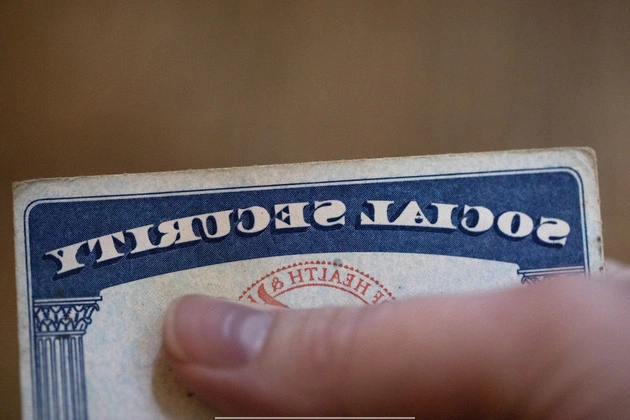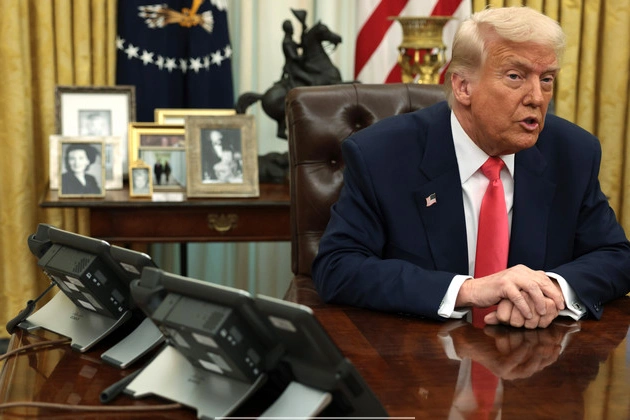
In the ongoing legal saga over New York’s Manhattan toll plan, E. Jean Carroll’s lawyer, Roberta Kaplan, finds herself once again at odds with the Trump administration. Kaplan, known for her legal victories, represents Carroll in a battle that pits her against Trump’s attempts to thwart the toll initiative.
Roberta Kaplan: A Formidable Legal Adversary
Roberta Kaplan’s legal prowess has been evident in her previous landmark cases, including the Supreme Court victory for same-sex marriage recognition. She now navigates the complexities of representing E. Jean Carroll, who secured substantial civil judgments against Trump for abuse and defamation charges. Despite Trump’s denials, Kaplan continues to challenge his stance.
The Legal Fight for NYC Congestion Pricing
Besides her role in Carroll’s cases, Kaplan also serves as counsel for the New York Metropolitan Transportation Authority in safeguarding congestion pricing from Trump’s interference. Kaplan’s legal acumen has steered the MTA through various legal hurdles, culminating in the tolls’ implementation in January.
New York Governor Kathy Hochul draws historical parallels, likening the conflict with Trump to the Revolutionary War era, framing Trump as a modern-day King George III imposing his will on the states.
Despite Trump’s initial celebrations, Kaplan’s track record as a formidable opponent suggests a challenging legal battle ahead. The MTA, backed by Kaplan, swiftly filed a lawsuit following Transportation Secretary Sean Duffy’s attempt to derail the toll program.
Legal Tactics and Trump’s Response
The extensive 51-page MTA lawsuit, crafted by Kaplan’s firm, underscores the meticulous legal strategy employed to counter Trump’s opposition. Drawing from her past confrontations with Trump, Kaplan skillfully leverages legal tactics to counter the administration’s moves.
While the Carroll cases focused on personal allegations against Trump, the MTA lawsuit centers on legal grounds, setting the stage for a judicial resolution. Kaplan’s adept trial skills, previously showcased in Carroll’s cases, may not directly apply here, but her legal acumen remains pivotal.
Trump’s Rhetoric and Legal Challenges
Trump’s rhetoric against congestion pricing prompts the MTA to invoke his words in the legal battle. The lawsuit strategically references Trump’s inaugural address to challenge federal intervention in state matters, emphasizing tolls as a market-based solution.
Notably, the legal dispute with Trump echoes broader policy debates, showcasing contrasting views on transportation funding. While the Carroll cases hinged on factual disputes and jury decisions, the MTA lawsuit presents a legal question likely to be resolved by a judge.
Legal Landscape and Future Outlook
As the legal tussle unfolds, Kaplan’s expertise and the MTA’s resolve underscore a commitment to upholding congestion pricing. With Judge Lewis Liman potentially presiding over the case, previous judicial leanings in favor of congestion pricing offer a glimmer of hope for the MTA.
The legal maneuvers, reminiscent of past legal battles, highlight the strategic interplay between legal frameworks and public policy. Kaplan’s tenure as MTA’s legal counsel signifies a proactive stance against impediments, epitomizing a steadfast commitment to legal integrity.
Ultimately, the clash between Kaplan, representing E. Jean Carroll, and the Trump administration over NYC tolls encapsulates a broader narrative of legal resilience and principled advocacy in the face of formidable opposition.















